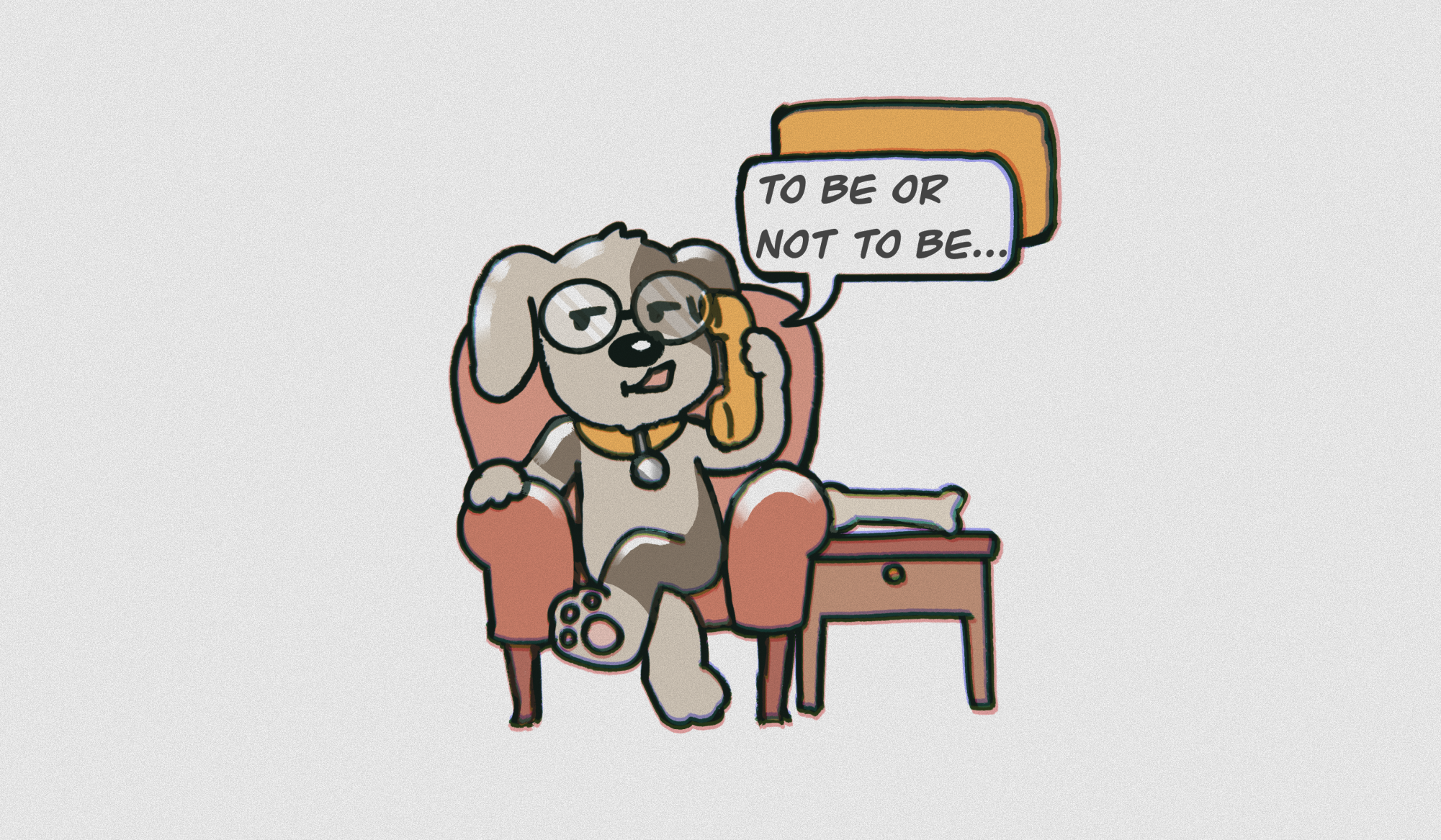In a recent study, researchers from UC San Diego found that dogs can be trained with soundboard buttons to comprehend certain words and respond with appropriate behaviors. The experiments conducted were first published in science research journal PLOS ONE two months ago and are part of a longitudinal study by UCSD’s Comparative Cognition Lab of understanding interspecies communication, the exchange of information between humans and animals.
The study was led by Federico Rossano, head of the Comparative Cognition Lab and associate professor in the department of cognitive science at UCSD. Rossano spoke to The UCSD Guardian about the motivation behind the study.
“This study was part of a much larger project in which we are training 10,000 dogs on using these buttons, how they make use of them, and use this as a potential window into their mind and cognition in general,” he said. “Understanding what bothers them, what they care about, and understanding pain is important. It affects how we interact with them.”
The study used augmented interspecies communication devices, such as soundboard buttons that play a pre-recorded word when pressed, that are designed to strengthen the connection with animals through words recorded in their owner’s voice.
The published article described two experiments. The first experiment involved researchers examining the dogs’ comprehension of different phrases in-person by pressing soundboard buttons to observe how the dogs responded. In the second, dog owners used the buttons or said the words to conduct the trials themselves with remote guidance from the researchers.
The researchers wore headphones and sunglasses while conducting the in-home experiments to observe whether or not the dogs responded to a certain word depending on their familiarity with the person saying it. To ensure the dogs could not pick up any cues on how to respond to a certain word, the researchers remained still after pressing the button and waited for the dogs to react.
In both experiments, the dogs demonstrated comprehension of the words played by the soundboard buttons; they provided appropriate behavioral responses, such as standing by a door when the word “outside” is played, regardless of the identity of the button presser.
Rossano spoke to UC San Diego Today about the importance behind these results.
“Our findings are important because they show that words matter to dogs and that they respond to the words themselves, not just to associated cues,” he said.
The Guardian asked about the study’s potential limitations. In response, Rossano acknowledged possible biases within the trials conducted by the dog owners.
“This study is a citizen science study, and I think it’s neat but also difficult. Citizen science means you can’t 100% control what happens in people’s homes and trust the findings,” he said.
Rossano and researchers at UCSD continue their work on interspecies communication.
“This study was a first step. … We looked at whether dogs understand words produced by humans, but the next project that is currently under review looks at how dogs intentionally use the buttons to interact with humans, how they combine words, and the things they ask for,” Rossano said.
“We are always looking for students who want to get involved in the project because this is the first of many more studies,” he added. “The Comparative Cognition Lab has recently opened a pet cognition facility where we test dogs and [in the] future cats too, bringing them in the lab for beyond button work. If students are interested in signing up and collaborating they should reach out and apply on the lab website.”















